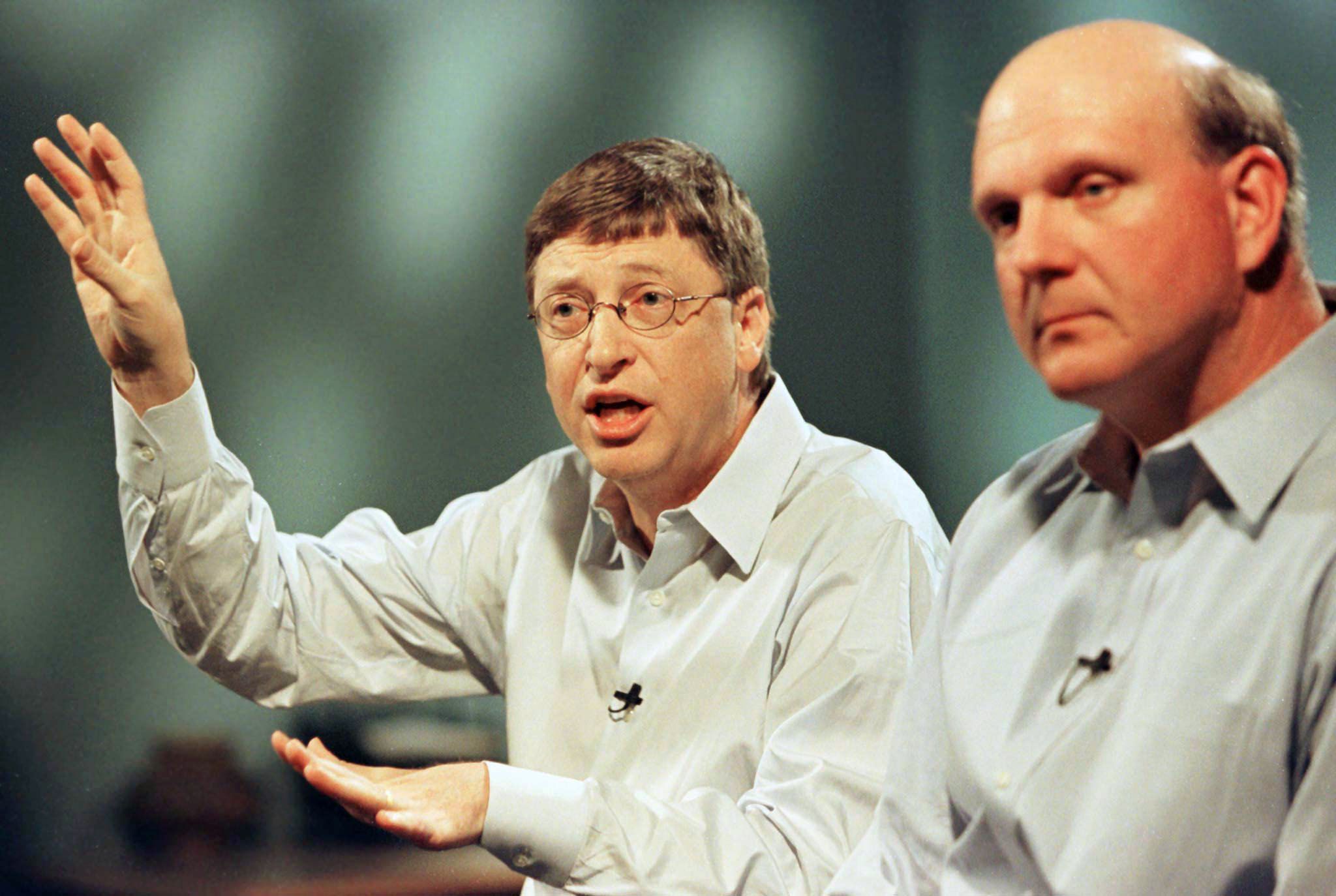
In Business @ the Speed of Thought: Succeeding in the Digital Economy, published in 1999, Bill Gates outlined how information systems, the Internet and technology in general would change the way that businesses function.
Along the way, he made some incredibly accurate predictions, most of which have since become huge industries: smart phones, smart homes, social networks and an array of other uses for the Internet—a few of which have yet to be developed.
When we consider the state of the computer industry back then, many of these are amazing.
- Price comparison sites.
Automated price comparison services will be developed, allowing people to see prices across multiple websites, making it effortless to find the cheapest product for all industries.
- Mobile devices.
People will carry around small devices that allow them to constantly stay in touch and do electronic business from wherever they are. They will be able to check the news, see flights they have booked, get information from financial markets and do just about anything else on these devices.
- Instant payments and financing online, better health care through the Web.
People will pay their bills, take care of their finances and communicate with their doctors over the Internet.
- Personal assistants and the Internet of Things.
"Personal companions" will be developed. They will connect and sync all your devices in a smart way, whether they are at home or in the office, and allow them to exchange data. The device will check your email or notifications, and present the information that you need. When you go to the store, you can tell it what recipes you want to prepare, and it will generate a list of ingredients that you need to pick up. It will inform all the devices that you use of your purchases and schedule, allowing them to automatically adjust to what you're doing.
- Online home-monitoring.
Constant video feeds of your house will become common, which inform you when somebody visits while you are not home.
- Social media.
Private websites for your friends and family will be common, allowing you to chat and plan for events.
- Automated promotional offers.
Software that knows when you've booked a trip and uses that information to suggest activities at the local destination. It suggests activities, discounts, offers and cheaper prices for all the things that you want to take part in.
- Live sports discussion sites.
While watching a sports competition on television, services will allow you to discuss what is going on live and enter contest where you vote on who you think will win.
- Smart advertising.
Devices will have smart advertising. They will know your purchasing trends and will display advertisements that are tailored toward your preferences.
- Links to sites during live TV.
Television broadcast will include links to relevant websites and content that complement what you are watching.
- Online discussion boards.
Residents of cities and countries will be able to have Internet-based discussions concerning issues that affect them, such as local politics, city planning or safety.
- Interest-based online sites.
Online communities will not be influenced by your location but, rather, your interest.
- Project-management software.
Project managers looking to put a team together will be able to go online, describe the project and receive recommendations for available people who would fit their requirements.
- Online recruiting.
Similarly, people looking for work will be able to find employment opportunities online by declaring their interest, needs and specialized skills.
- Business community software.
Companies will be able to bid on jobs, whether they are looking for a construction project, a movie production or an advertising campaign. This will be efficient for both big companies that want to outsource work they don't usually face, businesses looking for new clients and corporations that don't have a go-to provider for the said service.
You can probably come up with services that were developed years later, doing almost exactly what one of these points predicted. Facebook, smart phones, Twitter and freelance websites are all examples of technologies that fit into these predictions. Siri and Google Now are perfect examples of the personal companion concept, and haven't reached the predicted potential yet.
Markus Kirjonen studies business at Aalto University, Finland. This article first appeared on his website. Follow Kirjonen on Twitter @MarkusKirjonen.
Uncommon Knowledge
Newsweek is committed to challenging conventional wisdom and finding connections in the search for common ground.
Newsweek is committed to challenging conventional wisdom and finding connections in the search for common ground.
About the writer
To read how Newsweek uses AI as a newsroom tool, Click here.








